For someone who has been living in Japan an extended period of time, you begin to ask yourself, what makes Japan a difficult country to live in? Sometimes living in Japan is difficult. In fact, sometimes Japan is one of the hardest countries to live in the world. Before coming on JET, I believed I would stay the full five years and make a life in this country before I knew what living in Japan really was. Okinawa isn’t as extreme as mainland Japan, but I still don’t like to be called gaikokojin-san wehenever someone is referring to me. Why don’t they just ask my name like any other regular person? I promise my name is easy to say! 😉
I’m going to cover some pretty controversial topics and this will be a long post. If you have any requests for me to do in length research on any of these topics, I will be happy to do so.
I realize this post will inevitably get some backlash and your opinions are welcome, as long as they are done in a tasteful manner. For this post, I have collected comments from other expats living in Japan and put in my research. Some of my interviewees have explicitly asked not to be named and their names will not be included. Well-researched opinions and articles counteracting this are also welcome. Anything rude, offensive to me as a person, my commentors, or anything deemed inappropriate will be deleted.
Blog Posts You Might Like
- How To File Taxes Abroad
- How To Thrive in Japan
- The Ultimate Guide To Solo Female Travel in Japan
- What’s It Like Living in Japan?
On Being Asian but not Japanese
Has anyone ever been out in public and had an Asian friend with them, Japanese or not who could not speak Japanese? Sometimes I wonder how the Japanese look at someone and because they’re Asian, assume they’re Japanese. I can communicate pretty well if I want to, but if I have an Asian or Japanese friend with me, the Japanese won’t even bother speaking to me. This can feel frustrating to many Asians foreigners residing in Japan.
Some of my interviewees have asked not to be named so I will use their first initial. K writes, due to her looks, the Japanese assume she is one of them:
I’m ethnically Chinese and to folks here, look Japanese. When I’m traveling around Japan with a friend who isn’t ethnically Asian, I’m seen as the translator, the tour guide or the Japanese friend.
When we go to tourist places, I’m given coupons for foreigners with the phrase “Give this to your friend.” rather than, use this coupon.
I actually remember perhaps my first week of being in my town, I overheard my students going “I heard we have a new ALT but I haven’t seen her yet” and I was standing next to them. What I’m getting here is that, my difficulty is perhaps the loss of my identity as a foreigner, seen as an invisible foreigner.
Bernie Low, a Singaporean, writes an interesting article on An Asian Foreigner’s Perspective on living in Japan. At first she was happy to fly under the radar until expectations and stereotypes were placed upon her. She notices her Caucasian friends are often approached, complimented, wanted, and given help.
I remember I was at a cafe with my Australian friend (who was very fluent in Japanese), they came over with menus, apologized that there was no English menu, then turned their gaze onto me and expected me to place the order. I was clueless and lost and when my friend started translating the menu for me, the look of surprise on the waitress’s face was priceless.
She also explains by looking foreign and not Asian, it’s much easier to play the Gaijin Card and get away with things when you forget a custom or expected behavior. She says she feels more judged about not conforming to the Asian stereotype when she is opinionated, joking, or acting like herself.
On Discrimination
According to the article, Japan’s Entrenched Discrimination Toward Foreigners, published in The Asia-Pacific Journal: Japan Focus, signs of xenophobia and distrust for foreigners remains rampant in the refusal of service in bathhouses, restaurants, retailers, and other services. After all, why would there be any laws protecting foreigners when, “a bill for the protection of rights for handicaps and women, which also covers discrimination by race and ethnicity was defeated in 2003.”
There are no laws to protect foreigners from discrimination and the time, effort and lawsuits that go into this require a lot of money and drain your emotional energy. Most people just give up and put up with it. Greg writes about the prevalent racism he has encountered:
I live in the country. I call up a restaurant and ask for delivery in perfect Japanese. They tell me they don’t deliver. I have my Japanese wife call. They say it will be 10 minutes… Places with signs that say no foreigners allowed. Stuff like that bugs me. I was born here, I speak the language, my family is Japanese, but still… I’m the white guy out a lot of the time.
I’ve been reading the news a bit lately and the blatant discrimination being shown against Miss Japan 2015 is astounding. Ariana Miyamoto is being targeted because she is half black. Even though this beautiful young woman grew up in Japan, speaks Japanese and identifies herself as Japanese, it’s still not enough. Critics have stated they were uncomfortable with her representing Japan in the upcoming Miss Universe pageant stating, “she didn’t look Japanese enough” and wouldn’t adequately represent her native land. People have even gone as far to say Japan deserves, “a pure blooded Japanese beauty.” In a recent TV interview, she apologized for not looking Japanese on the outside but being Japanese on the inside.
On Xenophobia
This xenophobia is not without cause because historically, foreigners were killed by setting foot on Japanese shores. In a secret government report (not so secret now, right?) done in 1943, called, An Investigation of Global Policy with the Yamato Race as Nucleus the report concluded Japanese are racially superior people and destined to rule Asia eternally as the head of all Asian family nations.
Okinawans were killed for being spies during the Battle of Okinawa, used as human shields, and raped. Also, this xenophobia was prevalent in the Ainu people of Hokkaido, the Koreans forced into the military in Hiroshima during World War II, and the expansion of the Japanese empire.
Japan’s constitution states that all people and citizens are to be treated equally and as human beings. Unfortunately, Japan lacks the legislation which punishes discriminatory actions. L writes about the mixed feelings of her taiko group,
I have experienced several different cases [of xenophobia] all within my taiko group. Some love that they have a new token gaijin, others are definitely not happy I’m there and allowed to perform, and some treat me like everyone else. It’s a really interesting dynamic.
On February 12, 2015, an article published in The Japan Times highlighted, Author Sono’s calls for racial segregation in an op-ed piece. Personally appointed by Prime Minister Shinzo Abe, she used to advise the education reform panel in the government sector. In Sono’s opinion piece for the conservative daily Sankei Shibum, Sono stated,
it was fine for people of all races to work, do research and socialize with each other, the should also live apart from each other.
She based her opinions on an uncited whites-only apartment complex in Johannesburg, South Africa that ended and brought in black families. She said because of their philosophy on having large families, all the water of that area dried out forcing people to leave.
Living in Okinawa, I have heard many mainland Japanese speak out about how the native language of Okinawa is uneducated and they should speak Japanese only. Interesting how they are told to speak Japanese only, but learn English since elementary school. I, for one, feel this is contradictory. Why are the Okinawans lower than the Japanese? Japan took over to gain territory and control over one of the most strategic places in the Pacific.
In 2005, the United Nations even recognized Japan’s xenophobia, racism, and the government’s insufficient recognition to the problem.
On Bullying
Luckily, my students have been very well behaved and I have not had any instances of bullying in my classes. If the students call each other gay, I make them stop, and I don’t tolerate any rudeness to me, my JTE, or others. Knowing the culture of the Japanese, I can see how a blind eye turned can cause the suicides of workers, students, and the elderly. Most of my Japanese friends have told me how much they hate confrontation. It’s uncomfortable, and they don’t like it. Understandably so; however, if there is a problem, it will not take care of itself. It takes dedicated and caring individuals to change the situation and make it better. No one wants to admit they were wrong and feeling bad is not part of the human agenda.
The Wall Street Journal reported a case of a 13-year-old boy from Shiga Prefecture who took his own life by jumping off the 14th floor of a building. Reports cited the boy giving money to his perpetrators, forcing him to steal from his relatives when he ran out of his own savings, and eating dead bees. The boy’s father had attempted to report the incidents to the local authorites but had been turned away three times. In addition, the school conducted two surveys and tried to bury omitting accounts of the negligence of the teachers to the abuse.
On LGBTQ
Here’s a quick look at homosexuality in Japan. From 1872-1880 homosexual acts were illegal. Since 1880, they have been legal. There are no anti-discrimination laws in employment, the provision of goods and services, or in any other areas such as indirect discrimination or hate speech. Same sex marriages, couples or adoptions are not recognized. Homosexuality is kept silent. If it’s not discussed, it’s not there.
However, gay and transgender people do exist in the media. Celebrities and politicians have come out and given others courage, but more than often they are portrayed as comical and stereotypical by straight comedians.
Stonewall Japan, a support group and safe space for LGBTQ foreigners, Japanese, and their allies talks about member’s experience and how to navigate around a sometimes confusing Japanese culture. One Stonewall member writes about their experience coming out to their Eikaiwa group.
…they honestly think gays only exist in foreign countries (okama are mythical creatures that only exist for their entertainment on TV).
Another shares their positive experience of acceptance but surprise.
My Japanese friends were surprised at first – probably because of my openness. Most of them even said, “I’ve never met a gay person before!” – Which says so much about Japanese culture in regards to openness about sexuality and privacy. It’s never been as bad as the level of homophobia in my own country.
Based off these statements, the privacy people keep could be preventing others from learning and knowing more about the LGBTQ community. In addition, it seems Japan is a relatively safe place to come out; however, there is no punishment against the discrimination of sexual orientation.
There have been transgender and homosexual celebrities and politicians that have come out on TV to start a movement. Sadly, LGBTQ people are often stereotypically portrayed by straight comedians as enteratinment.
On “Hafu”
Japan is a homogenous nation. Anyone mixed and not considered full Japanese is given the label “hafu”. Due to living close to the Kadena Air Base, I actually have quite a few students mixed with American fathers, but I also have students mixed with Filipino and Taiwanese.
According to the CIA Factbook, 98.5% of citizens in Japan are ethnically Japanese, and 1.5% are foreign citizens. More than 2.5 million foreigners live in Japan and the number has continued to grow. Hafujapanese.org cites Japanese government statistics of 2004, stating there were 39,511 international marriages. Of them, included: Japanese and Chinese (13,019), Philippines (8,517) and Korean (8,023) individuals. There were only 1,679 American Japanese, 524 Brazilian Japanese, 403 British Japanese marriages.
“Hafu” children struggle with being the minority in a homogenous nation which values unification and harmony. Classmates often tease these children for being different. Many Japanese firms are reluctant to hire “hafu” because they have to deal with Japanese customers and in turn must be Japanese. An interesting an article about being half in Japan can be found here.
With 80,000 US Forces personnel stationed in Okinawa, it’s inevitable there will be intermingling causing these mixed race children. I’ll give an example of a girl I know who has a lot of American features. She has reddish brown hair, freckles, and a very Western face. In school, teachers have stated that she is belligerent and blamed it on her American side. Knowing what I do about her, I know her father left when she was young so she cannot speak English. Does having American genes automatically make you belligerent? I never had problems with her in my classes and I found her excitement of English endearing. Because of the way she looks, when she is out in public, she is expected to speak English.
Intrusive Behaviors and Questions
I know of an ALT who has been asked how big his penis size was, another who was asked her bra size and been grabbed at in the chest area. Guys have had their junk grabbed or commented on in the onsen. Yes, these things do happen. Some Japanese believe foreigners are more open so it’s okay. Yes, some of us are more open, but being open does not denote asking highly personal questions about our bodies.
One of my biggest pet peeves is being stared at whenever I’m on mainland. Yes, I’m tall, yes, my hair is naturally curly, and yes, I have a big butt. So what? Just because I’m different does not give anyone the right in Japan to grab me in Shinjuku or touch my hair.
Japanese are taught manners and they are taught it is very rude to stare. Sometimes when foreigners are involved, all the rules go out the window and they don’t apply. At the end of the day, we all bleed red blood (unless you’re an alien). Most of the time, I ignore it, but, to counteract this, I stare back and make them just as uncomfortable or I ask how they would feel if they were in my shoes.
On Paperwork
Japan loves their paperwork. You take a paper to get a paper only to get another paper. If you don’t have the correct documents and stamps, it can be very difficult for you. Sometimes I feel you need to give a paper to get a paper to put the paper somewhere else. It doesn’t make sense to me, but obviously it works for this country who uses, 5.83 trees, 40 feet tall per person. I was shocked to see how much paper is thrown away at my school and not recycled. I wonder why a country who appreciates nature and loves to get drunk under cherry blossom trees wastes so many trees.
On Healthcare
I think the philosphy behind Japanese medicine is giving you enough medicine and then letting your immune system take care of it. Hospital practice requires drawing your blood to make sure you’re sick, so if you’re afraid of needles, ganbatte!
Last year, the doctors left me sick for three months and because I had been sick so long, I developed asthma. I had to use an inhaler to stop my fits of coughing and wheezing. Since those incidents, I have refused to go to the doctor for anything and have looked up people who specialize in natural healing remedies such as acupuncture, herbs, and other remedies.
Sometimes people suffer from very rare diseases. This can be frustrating because as humans, we trust a doctor to take care of us when we are ill. When in a country where information about your disease is not available, treatment and advice can be difficult. One expat writes about how she copes with her medical ailment:
I have coeliac’s disease (so I can’t eat gluten) and it’s quite hard to eat out or food-shop in Japan. Virtually no Japanese people have the disease and so there is little to no information about it. I cook at home every night and negotiate my diet when I’m out.
In Japan, your employer knows your medical history. One time I had to leave work due to an embarrassing lady problem. Kudos to my supervisor for breaking the news to my male vice principal on why I had to go to the doctor. I hope that awkward conversation sated him from asking further questions.
Every year, we are required to take a mandatory health exam paid by the school. The first and last time I went, the doctor asked me seriously, “Are you even active?” Saying in not so many words, “I think you’re fat.” Angrily, I could only say I did a variety of sports when I really wanted to scream, “Yes, fool. I do badminton, karate, and I regularly swim in the ocean. I do more in one week than you’ve probably done in three months!”
The Work Expectations
Many Japanese who work in companies arrive to work 15 minutes early and leave 90 minutes late. It’s common for children never to see their fathers. For the amount of time people spend at work, not much gets done. My friend Stu, former ALT on the JET Program and creator of the sensational YouTube video, A Week in the Life of a Tokyo Salaryman gave an interview to CNN about the work culture. Stu says,
There is certainly the obligation to go out drinking with your coworkers, with your peers and your bosses after work. And it’s not all bad, it’s an enjoyable experience and I love being here, but it does take it out of you, I’ve gotta be honest.
Japanese culture values harmony so a conclusion that “everyone” can agree to and it takes time. Death by overwork is common and people are very stressed. In my experience, I often see teachers who have finished with their work for the day who sit at their desks pretending to be busy until it’s time to go home. On working long hours, Stu adds,
Japanese workers feel like they belong to the company and the company is often their life. They spend a lot of their social times with their coworkers until all hours of the night.
There is a set quota on the days students are expected to be in school. To fill those days, we have school events such as choir contests, school festivals, volleyball tournaments and assemblies. Students are expected to stay in school after final exams because they need to study for the next semester or school year. Their work or the teacher’s work is never done. During this time, the motivation for studying goes down, teachers show movies, and I play games to keep them entertained.
Conclusion
No country is perfect and mine comes with its own set of problems too. I was born and raised in America and am treated as an American. America was founded on religious freedom and the freedom to become what you want, marry who you want, and say what you want. On those things, I think America does splendidly on. Of course there are going to be the xenophobic and ignorant morons in America too. Japan is fantastic when it comes to customer service, the quality of life, and the appreciation of nature.
I think the fear of the unknown drives many people to say bad things. Racism, discrimination, and xenophobia are all symptoms of being ignorant or being taught values that do not align with what one deems as “other.” These actions can make many people feel unwelcome and not accepted into their society.
In a way, I’m glad the issues of xenophobia, discrimination and bullying are coming to light because I hope the younger generation feels compelled to make a better Japan. Getting rid of these mindsets could help Japan become a formidable opponent on the global scale. Thanks for reading. Looking forward to hearing from you soon!

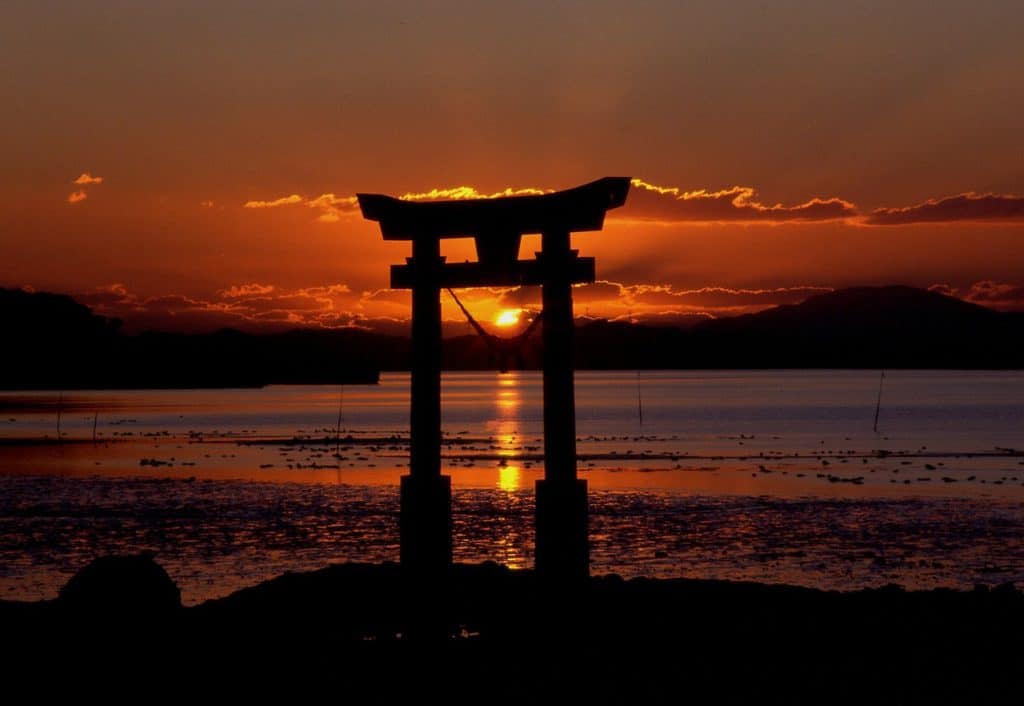
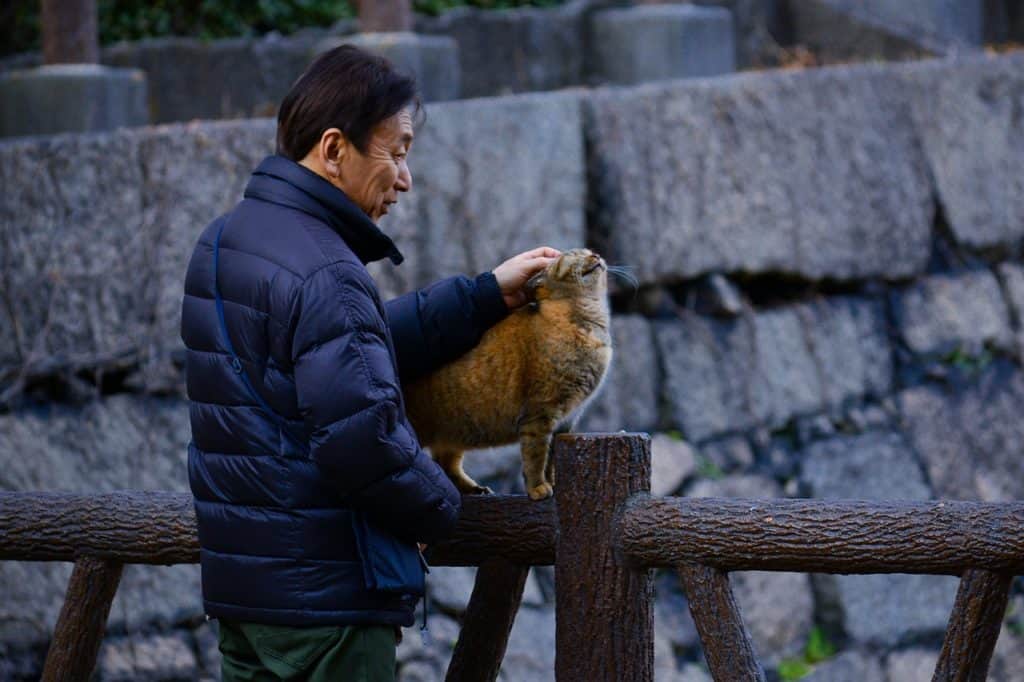
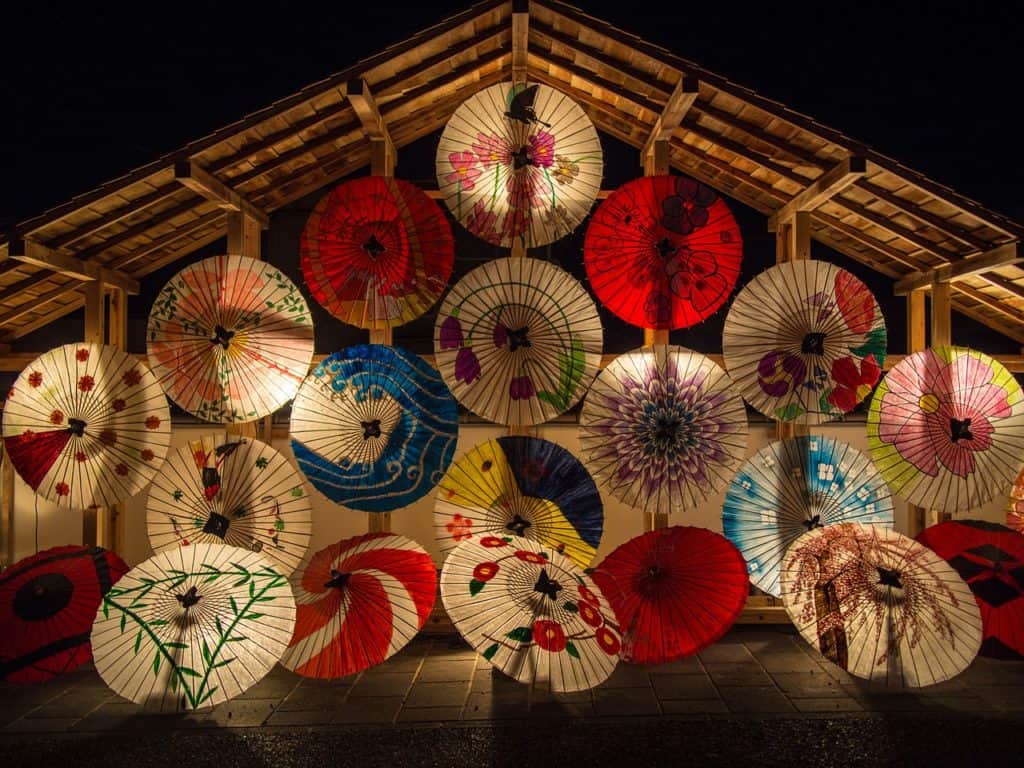
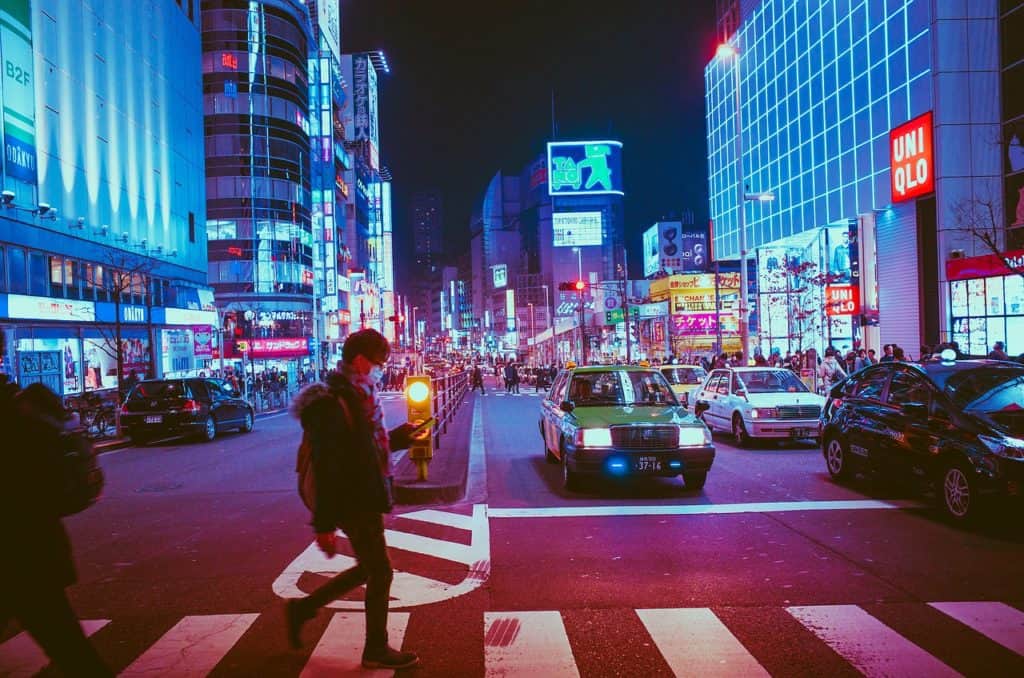
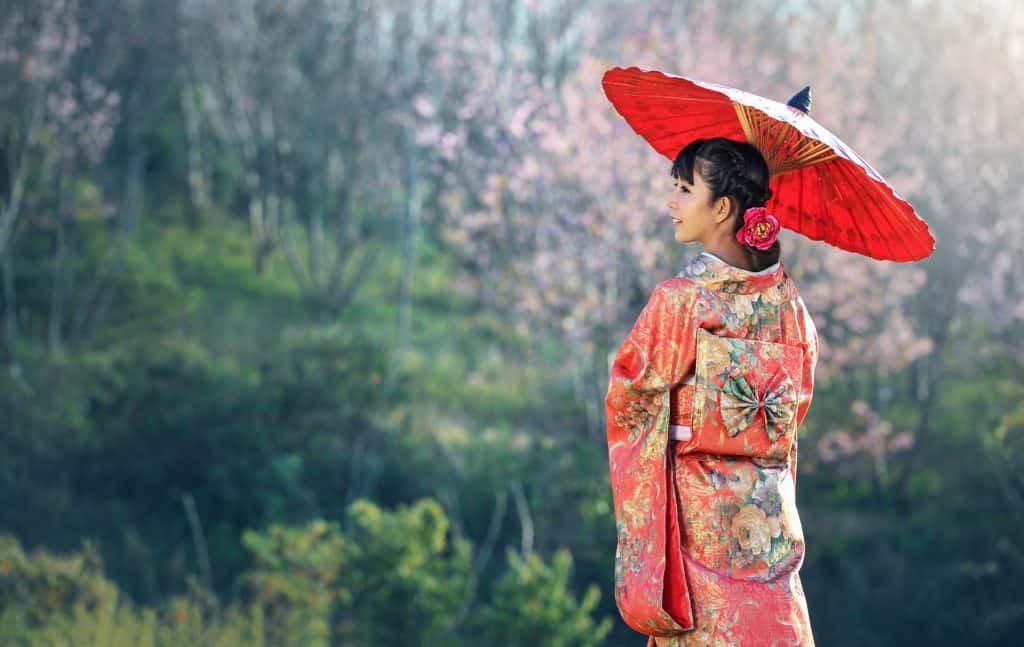
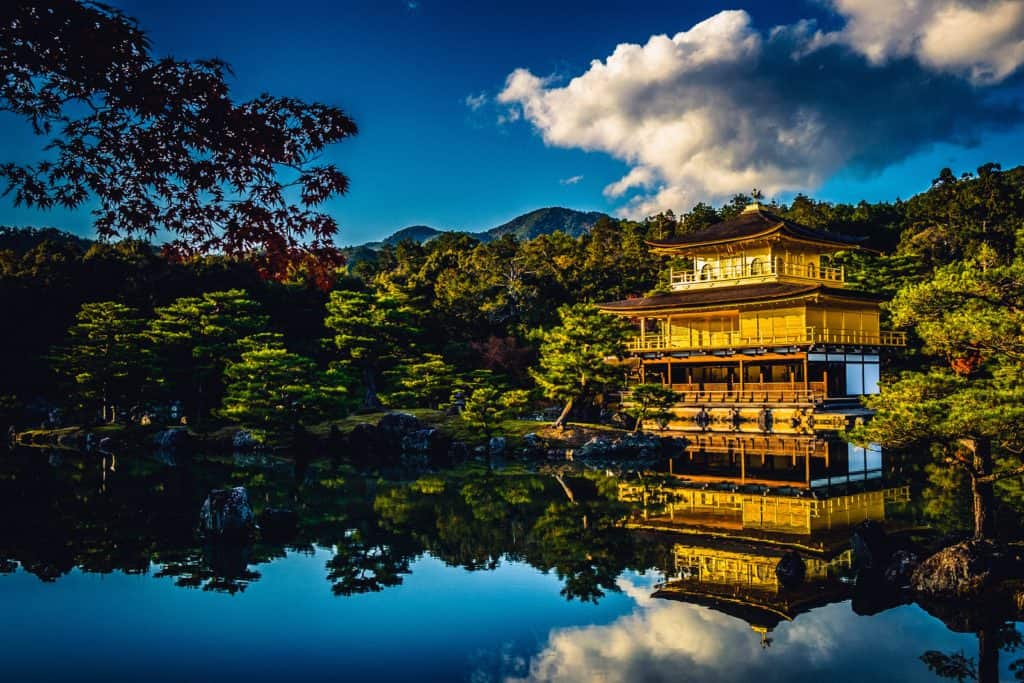
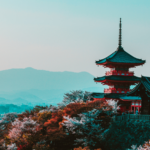
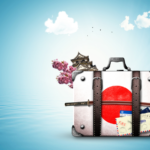
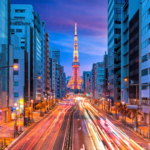

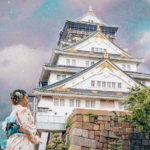
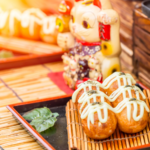
I’m a new JET waiting on my placement. I appreciate your blog and have just started reading it. Thanks for all the advice!
Thanks so much for reading my blog! I’m really flattered! Thank you! I’m glad I can give advice to all the newbies coming in. I wish I had more information like this before I came to Japan 3 years ago. Cheers!
Hi Kerri! I’m honored that you’ve read my blog! Thanks so much! I hope I can continue helping everyone in the future!
I’ve had to deal with a few of these things, although more when I lived on mainland as an English Teacher than now working in Okinawa. I had a woman in line at the supermarket poke my breast and laugh about their size in my first week on the mainland, and my co-worker was asked about his penis size by a drunk guy at a bar, when then tried to touch it!
Now that I have a child, as he gets older i’m definitely in 2 mind about how long I will stay here. I don’t really want him to attend Japanese school (he’s only 3 now) because of the bullying factor, but I also don’t like that the only options for International Schools are all religious!
As for the LGBTQ factor, i’ve not encountered any discrimination about this, and my Japanese colleagues have all been really polite and inclusive knowing that I have a female partner, as have my Japanese friends.
Rachael, I definitely think Okinawans aren’t as bad as mainlanders. I think they’re a bit more friendly and used to foreigners which is part of the reason I adore Okinawa so much! I’m so sorry you got grabbed. My 16 year old sister was almost grabbed by some creep in Kyoto. It’s an awful feeling. 🙁 Unfortunately, stories about penis grabbing are not uncommon. I wish there was something we could do about it.
I know you’ll definitely make the right decision for your child! As a parent, you’ll always do what’s best. Of course, not everyone will be understanding about LGBTQ, but I’m beginning to find the younger generation to be more accepting. Thanks for reading my blog and commenting! Cheers!
I’m an American expat living in Taiwan for the last 3 years. Your post made me appreciate the Taiwanese a lot more! I know I’ll never actually fit in and become a “local” no matter how long I live here, but at least I feel somewhat accepted. I think the Taiwanese are more curious than judgmental and rarely ask personal questions like the Vietnamese: “How old are you?” “Are you married?”
Great post!
The Taiwanese are really nice! I’ve been to Taiwan a few times and never had any problems. As long as you feel semi-accepted into the society, that can really make or break your experience. The Japanese and Koreans always ask me that too! Hahaha. Must be an Asian thing! 😉